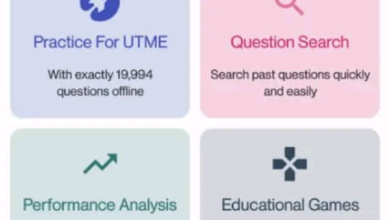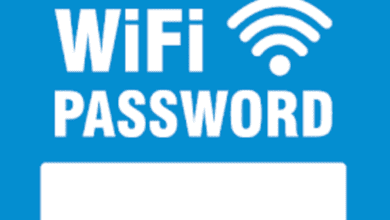Blogging Platforms Comparison: WordPress vs. Blogger vs. Medium

choosing the right blogging platform is crucial for achieving your goals.
Whether you’re a seasoned blogger or just starting out, selecting the platform that aligns with your needs and objectives can greatly impact your success.
In this article, we’ll delve into a comprehensive comparison of three popular blogging platforms: WordPress, Blogger, and Medium.
Comparison of Blogging Platforms
WordPress:
WordPress is undoubtedly one of the most popular blogging platforms available today.
With its versatility, customization options, and a vast array of plugins, WordPress offers bloggers unparalleled control over their websites.
Whether you’re an individual blogger, a small business, or an enterprise, WordPress provides the flexibility to create a website tailored to your unique style and requirements.
Pros
• Customization
WordPress boasts an extensive library of themes and plugins, allowing you to create a truly unique and functional website.
• SEO-Friendly
Numerous SEO plugins and tools can help optimize your content for search engines.
• Ownership
You have complete ownership and control over your website and its data.
Cons
• Learning Curve
The extensive features and options can be overwhelming for beginners.
• Maintenance
Regular updates and security measures are essential to keep your website running smoothly.
Blogger
Blogger, owned by Google, is a user-friendly platform that’s ideal for beginners. It’s a straightforward option for those looking to start blogging without the hassle of managing complex technical aspects.
Pros
• Ease of Use
Setting up and managing a blog on Blogger is relatively easy and requires minimal technical knowledge.
• Integration with Google
If you already use Google services, integrating Blogger can be seamless.
• Free Hosting
Blogger provides free hosting, making it a cost-effective choice.
Cons
• Limited Customization
Compared to WordPress, customization options are limited, and your blog’s design might lack uniqueness.
• Ownership and Control
Google’s terms of service can impact your ownership and control over your content.
Medium
Medium is a unique platform that prioritizes content creation and discovery. It’s known for its clean interface and built-in audience, making it an attractive option for writers seeking exposure.
Pros
• Simplicity
Medium’s interface is minimalist, allowing writers to focus solely on their content.
• Built-in Audience
Your content is more likely to reach a larger audience due to Medium’s active user base.
• No Technical Hassle
Medium handles hosting, security, and other technical aspects, letting you concentrate on writing.
Cons
• Limited Control
You have less control over the design and functionality of your blog compared to self-hosted platforms.
• Monetization Restrictions
While there are ways to earn through Medium’s Partner Program, monetization options are limited.
When deciding on the best blogging platform, consider your goals, technical expertise, and the level of control you desire.
WordPress is perfect for those who want complete customization, while Blogger suits beginners looking for simplicity.
Medium appeals to writers focused on content and audience reach.
FAQs
Is WordPress free?
Yes, WordPress offers a free version called WordPress.com, but there’s also a self-hosted option (WordPress.org) that requires separate hosting.
Can I make money on Blogger?
Yes, you can monetize your Blogger blog through Google AdSense and other ad networks.
Does Medium own my content?
While you retain ownership of your content, Medium has a license to distribute and promote it on their platform.
Which platform is best for SEO?
WordPress is known for its SEO-friendly plugins and customizable options, giving it an edge in terms of SEO capabilities.
Also Read: The Future of Tech: Exploring Emerging Trends and Technologies





